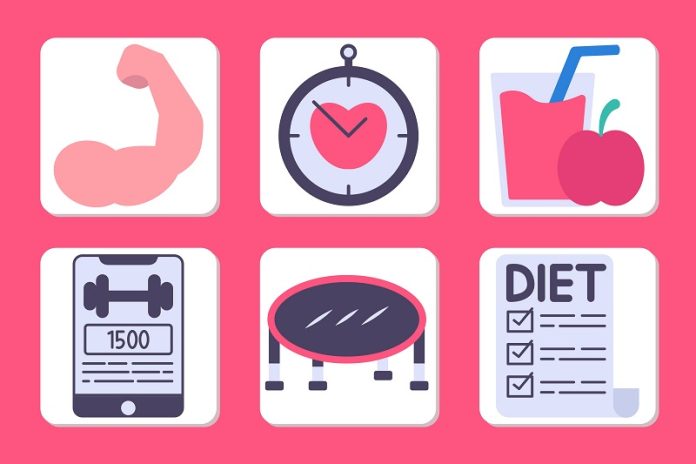
Recovering from a heart attack can be a challenging journey, but adopting the right diet and exercise plan can make a significant difference.
Research shows that certain foods and physical activities can help improve heart health, reduce the risk of future heart attacks, and enhance overall well-being.
After a heart attack, the heart muscle needs time to heal. This process can be supported by eating a heart-healthy diet.
One of the most recommended diets for heart attack recovery is the Mediterranean diet. This diet is rich in fruits, vegetables, whole grains, nuts, and seeds.
It also includes healthy fats like olive oil and lean proteins such as fish and chicken. Studies have shown that people who follow the Mediterranean diet have a lower risk of heart disease and better heart health outcomes.
Fruits and vegetables are particularly important because they are high in vitamins, minerals, and antioxidants. These nutrients help reduce inflammation, which is a key factor in heart disease.
Whole grains, like oatmeal, brown rice, and whole wheat bread, provide fiber, which can lower cholesterol levels and improve heart health. Nuts and seeds offer healthy fats and protein, making them a great snack option.
Olive oil, a staple of the Mediterranean diet, is rich in monounsaturated fats, which are good for the heart. Replacing butter or other unhealthy fats with olive oil can help improve cholesterol levels.
Fish, especially fatty fish like salmon, mackerel, and sardines, are high in omega-3 fatty acids. These healthy fats have been shown to reduce the risk of heart disease and improve overall heart function.
In addition to diet, exercise plays a crucial role in heart attack recovery. Regular physical activity helps strengthen the heart muscle, improve circulation, and reduce stress. It’s important to start slowly and gradually increase the intensity of exercise.
Walking is a great way to begin. Start with short, slow walks and gradually increase the distance and pace as you feel more comfortable.
Research suggests that even moderate exercise, like walking for 30 minutes a day, can have significant benefits for heart health. It helps lower blood pressure, reduce bad cholesterol (LDL), and increase good cholesterol (HDL).
Exercise also helps with weight management, which is important because being overweight or obese increases the risk of heart disease.
For those who are ready for more vigorous exercise, activities like swimming, cycling, and light jogging can be beneficial. It’s important to choose exercises that you enjoy and can stick with in the long term. Before starting any new exercise program, it’s crucial to talk to your doctor, especially after a heart attack.
Combining diet and exercise can lead to even better results. For instance, a study published in the American Journal of Cardiology found that patients who followed a heart-healthy diet and exercised regularly had a significantly lower risk of recurrent heart attacks compared to those who did not make these lifestyle changes.
The combination of eating well and staying active helps to control blood sugar levels, reduce inflammation, and improve overall cardiovascular health.
Besides diet and exercise, managing stress is another important aspect of heart attack recovery. Practices like yoga, meditation, and deep breathing exercises can help reduce stress levels and promote relaxation.
Chronic stress can harm the heart, so finding effective ways to manage stress is crucial for recovery and long-term heart health.
In conclusion, recovering from a heart attack involves a comprehensive approach that includes a heart-healthy diet, regular exercise, and stress management.
The Mediterranean diet, rich in fruits, vegetables, whole grains, nuts, seeds, and healthy fats, provides essential nutrients that support heart health. Regular physical activity, starting with gentle exercises like walking, helps strengthen the heart and improve overall fitness.
By making these lifestyle changes, you can improve your heart health and reduce the risk of future heart problems.
Always consult with your healthcare provider before making significant changes to your diet or exercise routine to ensure they are safe and appropriate for your individual health needs.
If you care about heart health, please read studies about top 10 foods for a healthy heart, and how to eat right for heart rhythm disorders.
For more health information, please see recent studies about how to eat your way to cleaner arteries, and salt and heart health: does less really mean more?
Copyright © 2024 Knowridge Science Report. All rights reserved.



